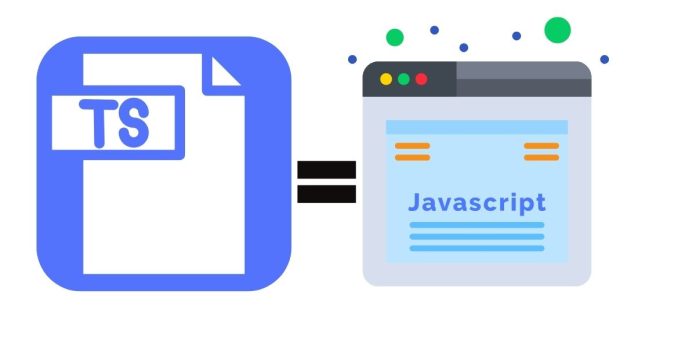The main differences between TypeScript and JavaScript are:
1. Typing:
JavaScript is a dynamically typed language, meaning types are determined at runtime and can change during execution.
TypeScript is a statically typed language, meaning types are defined at compile time, allowing developers to catch errors early and improving code reliability.
2. Compilation:
JavaScript is interpreted directly by browsers or runtime environments like Node.js.
TypeScript needs to be compiled into JavaScript before it can run, as browsers do not natively understand TypeScript.
3. Features:
JavaScript is a more lightweight language with basic features.
TypeScript introduces additional features like interfaces, enums, and access modifiers (public, private), making it suitable for larger and more complex applications.
4. Development Speed:
JavaScript allows quicker prototyping, but the lack of static types may lead to more runtime errors.
TypeScript can be slower in development due to the need for type declarations and compilation, but it can reduce bugs and improve maintainability in large projects.
In summary, TypeScript extends JavaScript by adding type safety and other advanced features, making it more suitable for large-scale applications.


